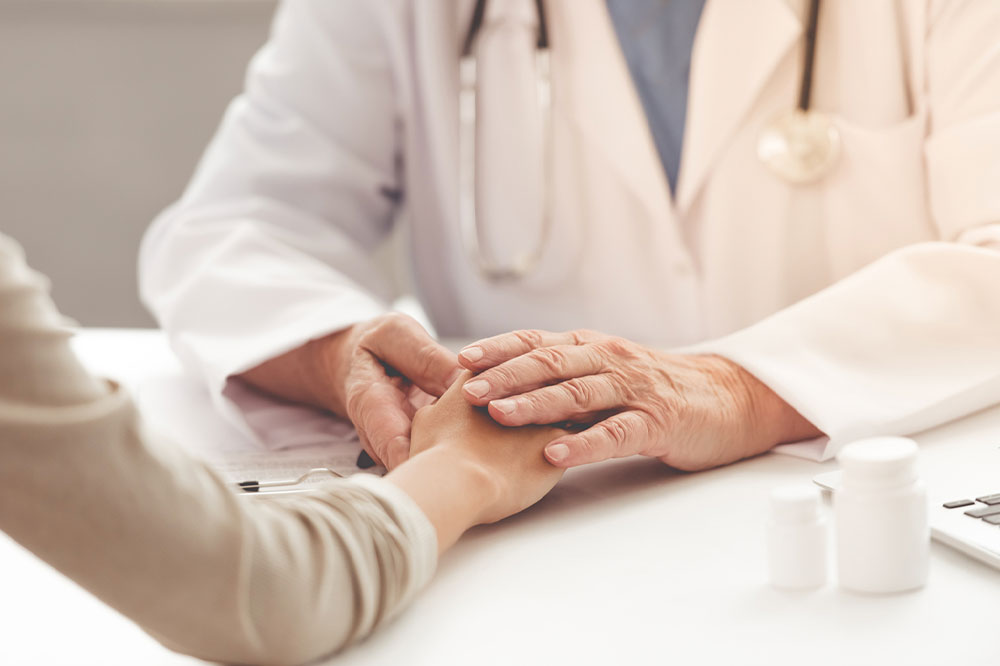5 early warning signs of poor blood circulation

Blood circulation is a vital process that ensures the continuous flow of oxygen and nutrients throughout the body. It keeps all bodily organs functioning, ensuring optimum health. However, certain health conditions, including peripheral artery diseases and high blood pressure, can disrupt circulation. In such cases, the essential nutrients may not reach some body parts. It is when people experience certain warning signs that indicate that their blood circulation needs a boost.
Varicose veins
These develop when additional pressure builds up on the blood vessels, obstructing normal blood circulation. Varicose veins may also occur due to damage to blood vessels, disrupting blood circulation in the veins. As a result, the veins appear twisted or engorged, usually in the lower extremities, such as the lower area of the leg.
Blood clots
These can occur anywhere in the body, blocking blood flow, either completely or partially. Although it can develop in any body part, the clots forming in the legs or arms are generally responsible for causing blood circulation issues. Sometimes, a blood clot in the abdomen can also indicate poor blood circulation.
Muscle cramps
When the body cannot get sufficient oxygenated blood due to poor circulation, it can cause cramps, especially in the legs. It usually happens due to claudication, a condition that causes the arteries to become narrow due to a rapid buildup of plaque along the artery walls. The cramps intensify in the calf area and, in some cases, radiate to the thighs and lower back. Often, these cramps are worsened while walking.
Sores
Disrupted blood circulation leads to the insufficient blood supply, leading to ulcers or sores forming on the skin. Often, these are infected and cause pain as well. However, since these take longer to heal, seeking a health expert’s intervention as soon as possible is advised to identify the underlying cause of the sores and poor blood circulation and to initiate treatment.
Cold hands and feet
In some cases, body parts like feet and hands feel colder than other areas due to poor blood circulation. Poor circulation makes it longer for blood to reach these extremities. It is another warning sign that blood circulation may need a boost.

